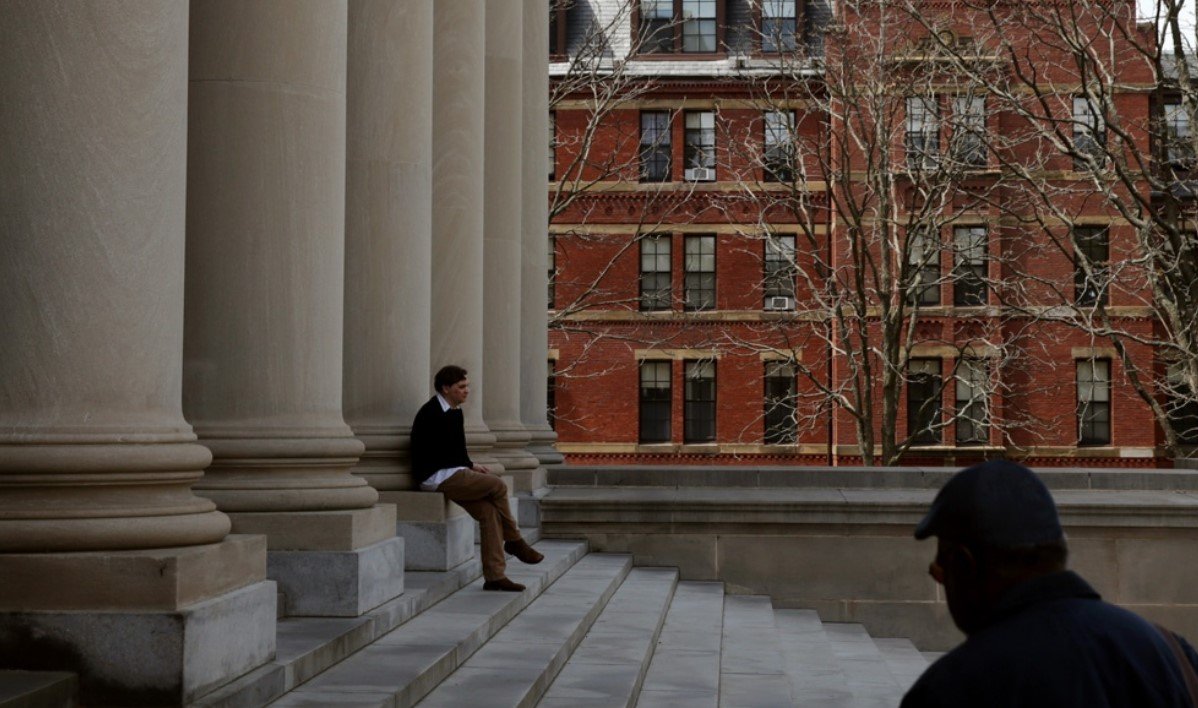Ken Griffin, the billionaire founder and CEO of hedge fund Citadel, has announced that he is pausing his donations to Harvard University, the institution where he started his trading career as a student. Griffin, who graduated from Harvard in 1989, is one of the school’s biggest donors, having given more than $500 million to various programs and initiatives. His most recent gift of $300 million in April 2023 led to the renaming of the Faculty of Arts and Sciences in his honor.
Griffin’s decision to stop his financial support comes amid a crisis of leadership and a wave of antisemitism at Harvard, which led to the resignation of its first black president, Claudine Gay, earlier this month. Gay, who took office in 2023, faced criticism from students and alumni for her handling of protests over the Israel-Hamas conflict and her testimony to Congress about the situation. She was also accused of plagiarism in some of her academic publications.

Griffin revealed his stance on Harvard at the Managed Funds Association conference in Miami on Tuesday, where he said he had made it clear to the members of the corporate board that he was not interested in supporting the institution until it made some changes. He said he wanted Harvard to resume its role as educating young American men and women to be leaders, to be problem solvers, to take on difficult issues, instead of being lost in the wilderness of microaggressions, a diversity, equity and inclusion agenda that had no real end game, and whiny snowflakes.
Harvard faces backlash from other donors and critics
Griffin is not the only wealthy alumnus who has expressed dissatisfaction with Harvard’s performance and direction. Bill Ackman, another hedge fund manager who has donated roughly $50 million to Harvard, publicly called for Gay’s removal and accused her of failing to protect Jewish students from antisemitic attacks and harassment. He also said that Harvard had mismanaged its endowment, which is the largest in the United States with $50.7 billion, and had become unaffordable for many students.
Harvard’s reputation and ranking have also suffered in recent years, as it faced lawsuits over its admissions policies, sexual harassment allegations against some of its faculty members, and controversies over its ties with China. Some critics have argued that Harvard has lost its academic excellence and moral leadership, and has become a bastion of elitism and political correctness.
Harvard seeks new president and new direction
Harvard is currently in the process of searching for a new president, who will have to deal with the challenges and expectations of the school’s diverse and demanding stakeholders. The new president will have to restore trust and confidence among the students, faculty, alumni, and donors, as well as the public and the media. The new president will also have to redefine Harvard’s mission and vision, and reaffirm its commitment to academic freedom, intellectual rigor, social responsibility, and global leadership.
Harvard has a long and illustrious history of producing some of the world’s most influential and successful leaders, thinkers, innovators, and creators. It has also been a force for positive change and a beacon of hope for many people around the world. However, in order to maintain its prestige and relevance in the 21st century, Harvard will have to adapt to the changing times and emerging challenges, and renew its dedication to excellence, integrity, and service.
